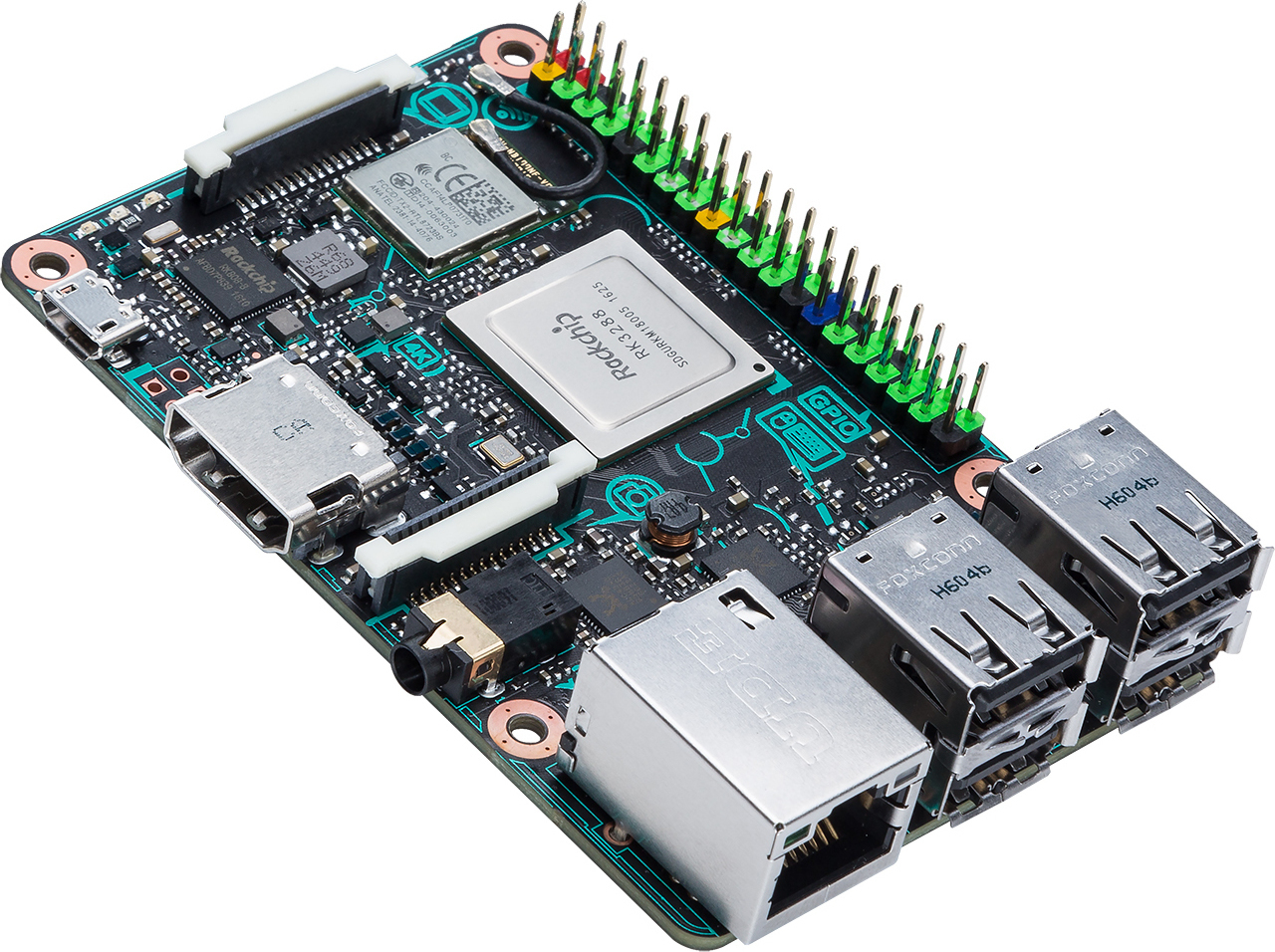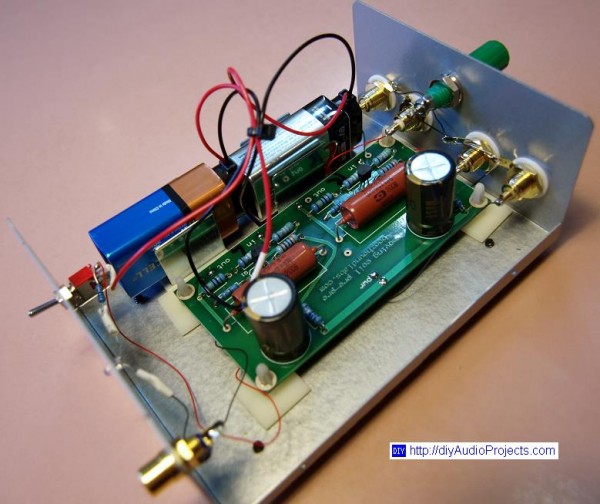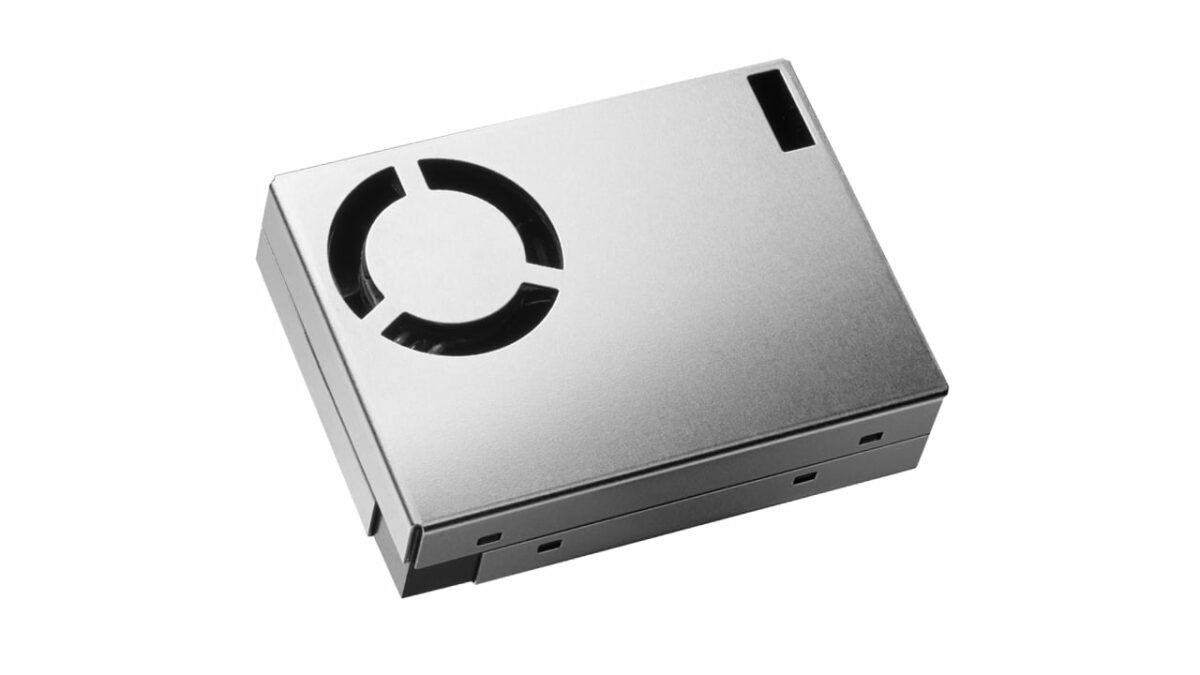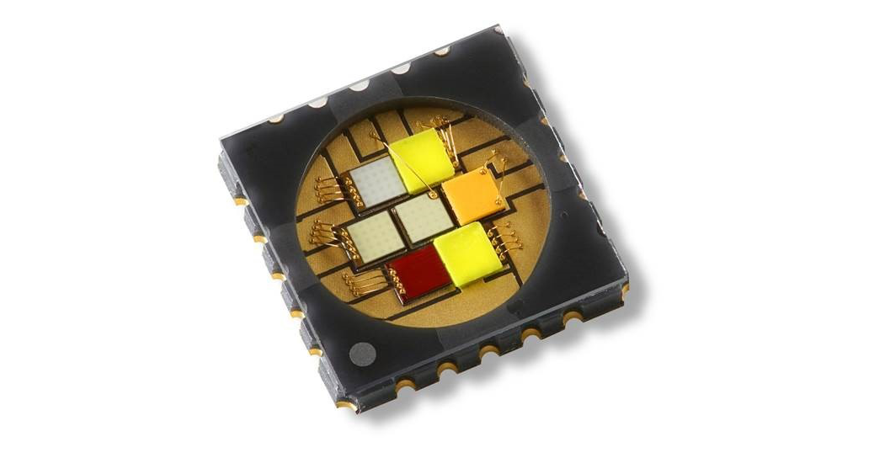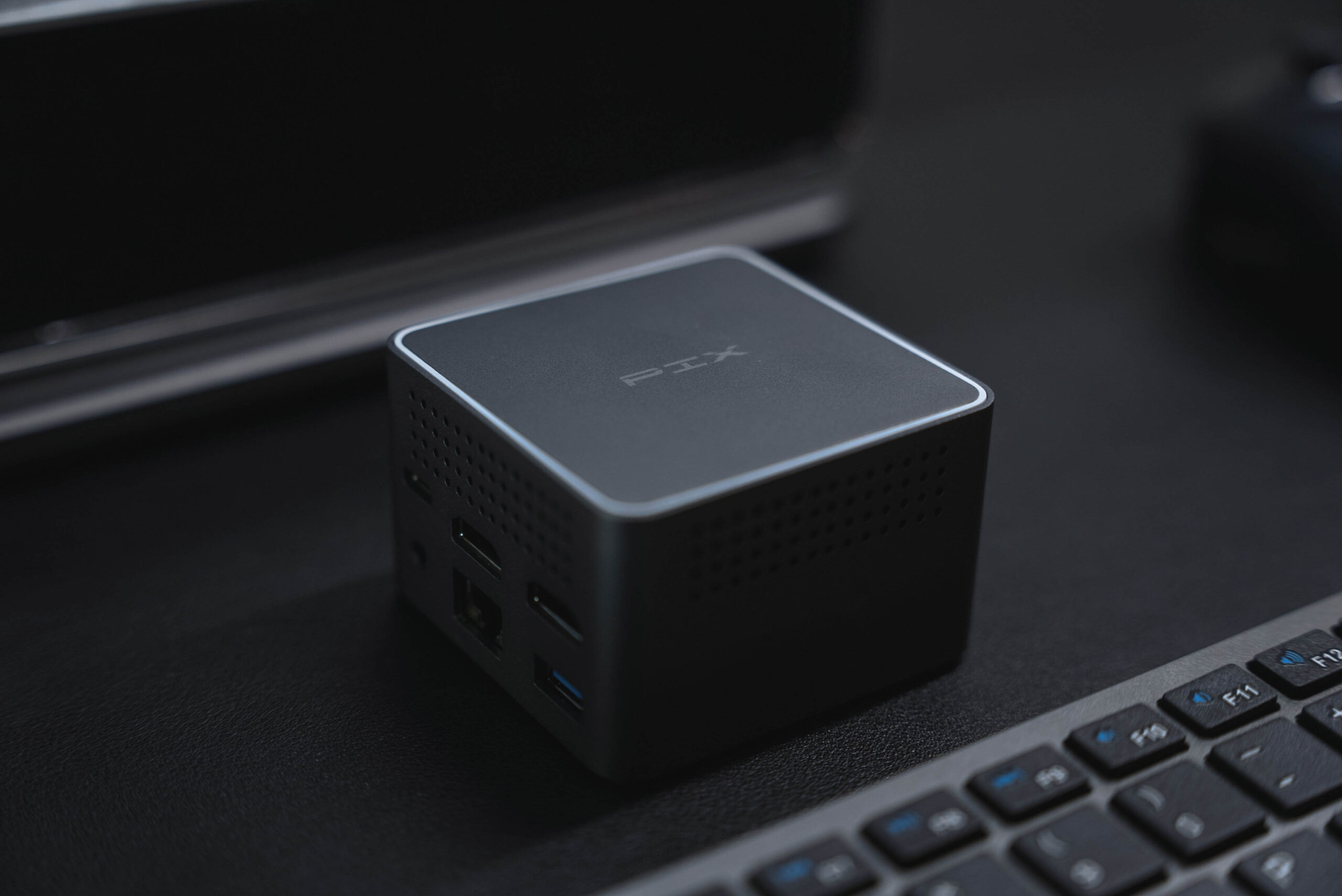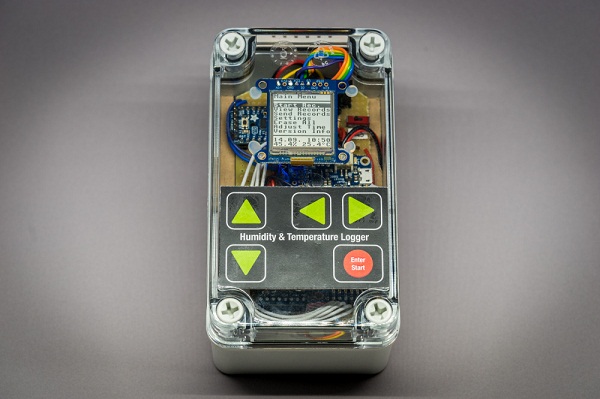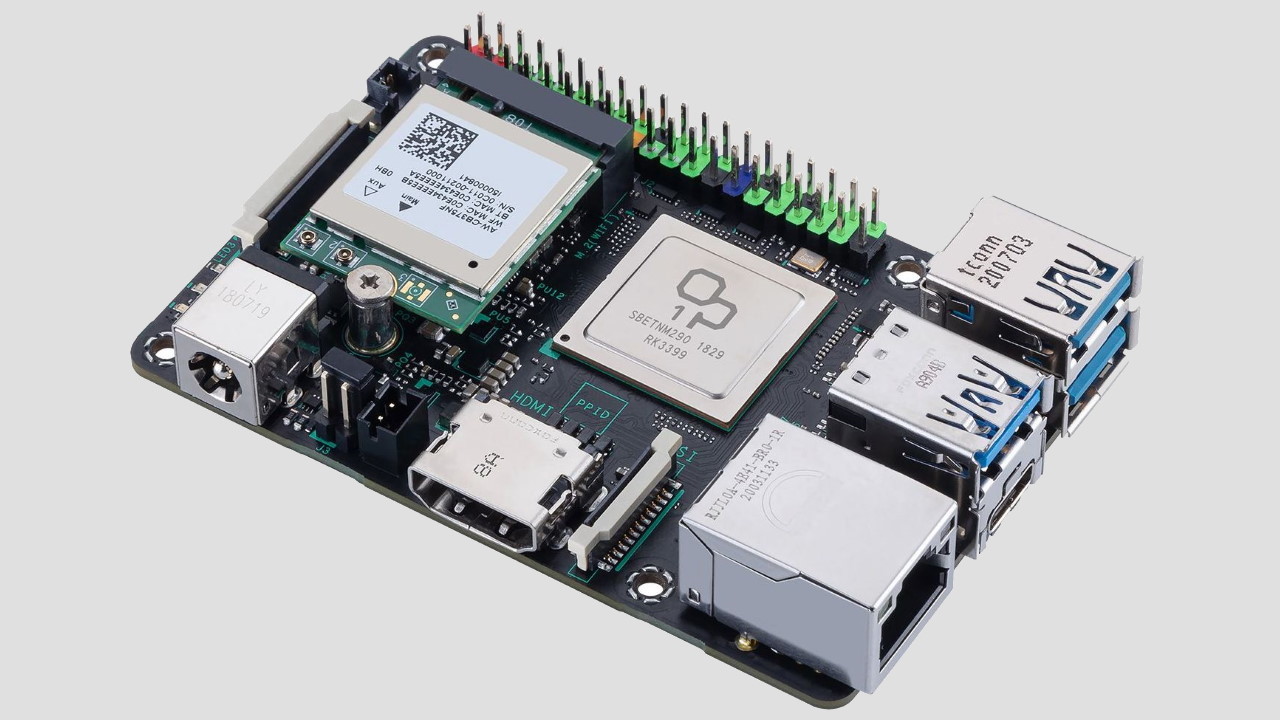
Asus released Tinker Board 2 and 2S with some upgraded features in the last quarter of 2020. But after a while, the Asus Tinker Board 2S is available to buy on Amazon and Aliexpress. The board came to light competing with the popular Raspberry Pi 4 with a similar set of specifications but might not perform as well as the RPi. Due to the increased visibility of the product, there are several good reviews available on the Asus Tinker Board 2S that might help you make an informed decision.
Before going into the details, let us look at the improved CPU performance that features Arm big.LITTLE technology. This is a processing architecture that pairs two very different processors together in a single SoC, which means it can now provide twice the of the original Tinker Board. However, looking at the review of the board by Tom’s Hardware gives us the sense that the board can’t even come close to competing with the Raspberry Pi 4 due to its weak performance.
What’s inside the Asus Tinker Board 2S
- SoC: Rockchip RK3399
- CPU: Dual-core Arm Cortex-A72 at 2.0 GHz, and Quad-core Arm Cortex-A53 at 1.5 GHz
- GPU: Arm Mali-T860 MP4 GPU at 800 MHz
- Memory: Dual-CH LPDDR4 2GB / 4GB
- Storage: 16GB eMMC and can be expanded via Micro SD(TF) card slot
- Interfaces: MIPI CSI-2 camera interface, HDMI audio output
- GPIOs: 40
- USB: 3x USB 3.2 Gen1 Type-A ports, 1x USB 3.2 Gen1 Type-C OTG port
- Power: 12~19V DC Power Input Jack
- OS: Debian 9 / Android 10
- Dimensions: 85 x 56 mm
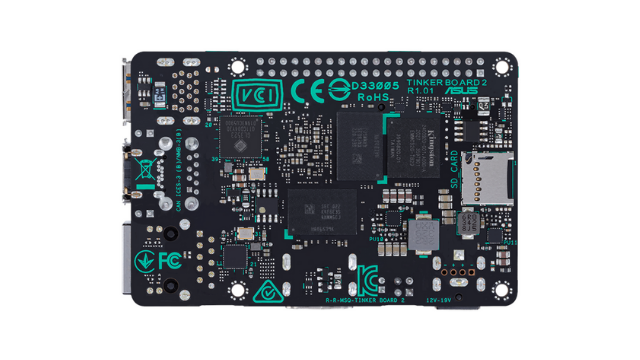
The Asus Tinker Board 2S comes with support for wireless connectivity through IEEE 802.11ac Wi-Fi and Bluetooth 5.0 that gives faster data transfer rates. Rich connectivity also comes via three USB 3.2 Gen 1 Type-A ports and one USB 3.2 Gen 1 Type-C (USB-C) port. The RTC battery header enables the real-time clock function, giving the ability for the system clock to keep time when main power is lost.
The board did pretty good when it comes to connectivity via USB but lacks the smoothness of the software support. You can consider buying this for home server applications but looking at the price of $120, the Raspberry Pi will always be a better choice for the maker community. If you are interested in buying the product, head to the Amazon and Aliexpress product page.





